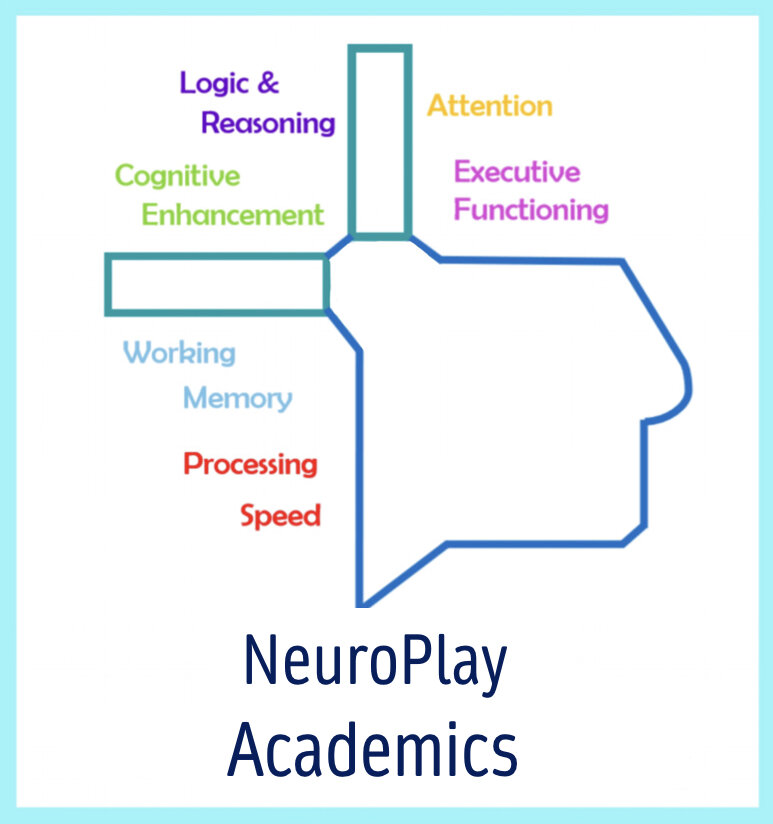How can it help?
Working on how children and adults approach a problem - rather than simply getting to the “right answer” - can improve their logic and reasoning skills.
Is homework taking hours? Look at the strategies behind answering each problem. Through daily logic and reasoning training, children can learn to strategize. This helpful skill can be applied to finishing homework in a timely manner – e.g., learning how to approach difficult word problems by breaking it up into smaller parts, which can help children get to the correct answer more quickly
Click below find out more about PACE.
Who can it help?
Children as young as 3 to start with visual tracking, letters, and tracing. The program is great for those who are gifted and struggle with getting answers wrong, so they often just don't try or have some behavioral issues when getting a "wrong" answer or maybe even just "losing" on a team. PACE is a challenge in a non academic way that breaks concepts and activities apart so that these learning skills can be extrapolated to every day life and academic settings.
Areas Targeted
Perceptual Reasoning Skills
Visual Acuity
Attention
Inattention
Impulsivity
Staying on task
Reading Skills
Comprehension
Dyslexia
Executive Functions
Organization, breaking things apart
Logic and Reasoning
Test taking skills
Processing Speed
Being able to complete tasks and homework in a timely manner
Motor Development
Grasping, coordination, tying knots or shoe laces
PACE: Processing and Cognitive Enhancement
Attention If attention skills are deficient, then the ability to stay on a task for long periods of time or ignore distractions would limit the ability of other mental skills. This can affect all areas work.Working memory If you cannot retain information long enough to properly handle that information, learning will suffer.Processing speed If the speed of processing is slow, then the information held in working memory may be lost before it can be used, requiring to start all over again.Visual processing If visual manipulation or visual imagery is poor then those tasks that require seeing in your head ( math word problems, and comprehension, etc.) will suffer.Long-term memory If the abilities to store and retrieve information easily are poor, then wrong conclusions and answers will result.Auditory processing If blending, segmenting and sound analysis are poorly developed, then sounding out words when reading or spelling will be very difficult and result in errors.Reasoning and logic If these abilities are poor, then problem solving, math, and comprehension will be poor.Comprehension If comprehension is deficient, understanding and making sense of new information will suffer.-PACE, LearningRX 2016






